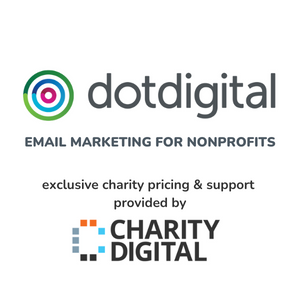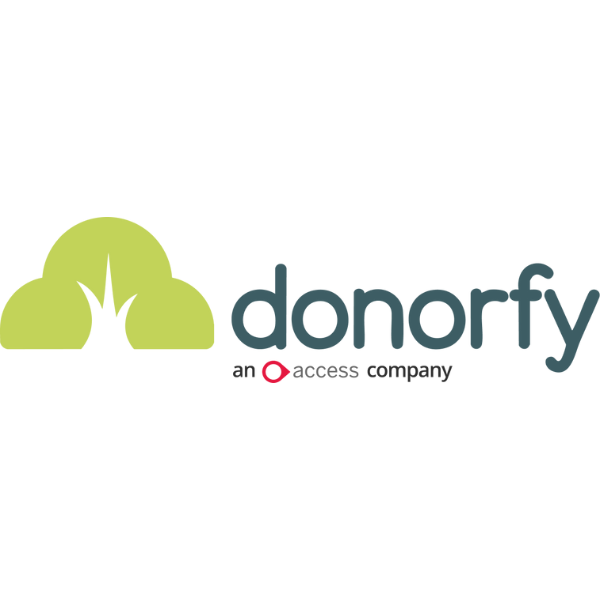Insights
INSIGHTS
All Topics
What soft opt-in data means for charities
09 Aug 2022by Paul Rubens
Charities risk large fines when they send out emails or text messages during fundraising campaigns. Here’s what you need to know to avoid making a costly mistake
Emails and texts are cheap to send. So, on the face of it, they offer your charity a way to reach millions of potential donors at very low cost. But, inevitably, there’s a catch.
The catch comes in the form of the UK’s Privacy and Electronic Communications Regulations (PECR), a set of rules which govern the use of email, text, and phone calls for marketing purposes. These rules mean that before your charity can send electronic marketing messages by email or text to individuals (rather than businesses), you need to get their consent to receive them.
Soft opt-in exception
The good news is that there is an exception to this when it comes to existing customers, and the exception is known as a “soft opt-in.” To take advantage of the soft opt-in, four conditions need to be satisfied:
- You can only use contact details collected during a sale, or negotiations for a sale, of a product or service
- You provide an opportunity for the individual to opt out of marketing communications when you collect the contact information, and in every subsequent communication with that individual
- The marketing material you do send to them by email or text is about similar or related products and services
- You offer a way for the recipient to opt-out of further contact in every communication you have with them
How this affects charities
If you read the above conditions carefully, you will notice one very important point: the opt-out concerns marketing of products and services for sale, and that is crucial when it comes to charities.
In case there is any doubt, the Information Commissioner’s Office (ICO) spells out what the implication of this is. “The soft opt-in can only be used when you’re selling something or negotiating to sell something. This means that charities can’t use soft opt-in for campaigning.”
It’s also clear that contact information can only be collected during a sales process, and unfortunately a donation to a charity doesn’t normally count as a sale transaction – it is simply a transfer of money on one direction, rather than a purchase.
Charity stores
Of course when your charity does actually make a sale to a supporter – perhaps through your online shop – then the charity would be able to use the soft-opt in to contact them in future. But that contact would only be permissible if it was related to selling a related product or service, so it couldn’t be part of a general sales or fundraising campaign.
Breaches can be costly
The penalties for breaching the PECR can be severe. For example, Papa John’s, a pizza chain, was fined £10,000 last year after 15 of its customers complained about getting marketing texts or emails because they had not had an opportunity to opt out when they ordered their pizzas.
Clearly your charity needs to be very careful to comply with PECR, and you can currently only take advantage of soft opt-in as part of sales activities.
Change could be coming
But there is some light appearing on the horizon. The government is aware that the PECR can cause problems for charities who want to use emails and texts for fundraising purposes, and in 2021 the Department for Digital, Culture, Media and Sport (DCMS) carried out a consultation.
In its June 2022 update, DCMS said that it had asked for views on whether the soft opt-in should be extended to non-commercial organisations such as charities.
“Following consideration of responses, the government intends to extend the soft opt-in to non-commercial organisations, but in parallel will take steps to make sure that appropriate safeguards are in place to protect individuals who do not wish to continue receiving communications,” the update said.
Although it is too early to know what the outcome will be, there is a possibility that the soft opt-in will be applicable when charities take donations rather than only when they make sales, and it will also then apply to marketing communications related to further donations rather than only about future sales.
B2B permitted
One final point that is worth bearing in mind is that in any case the PECR only applies to emails and texts sent to individuals, defined as people who subscribe to their own internet or mobile phone services.
Crucially it does not apply to marketing messages sent to businesses, so charities can send direct marketing emails or texts to companies – including ones related to fundraising - without worrying about breaching soft opt-in rules.
But its important not to forget that you still need to say who you are and give a way for business recipients to unsubscribe to your messages.
More on this topic
Recommended Products
Our Events
Charity Digital Academy
Our courses aim, in just three hours, to enhance soft skills and hard skills, boost your knowledge of finance and artificial intelligence, and supercharge your digital capabilities. Check out some of the incredible options by clicking here.





















